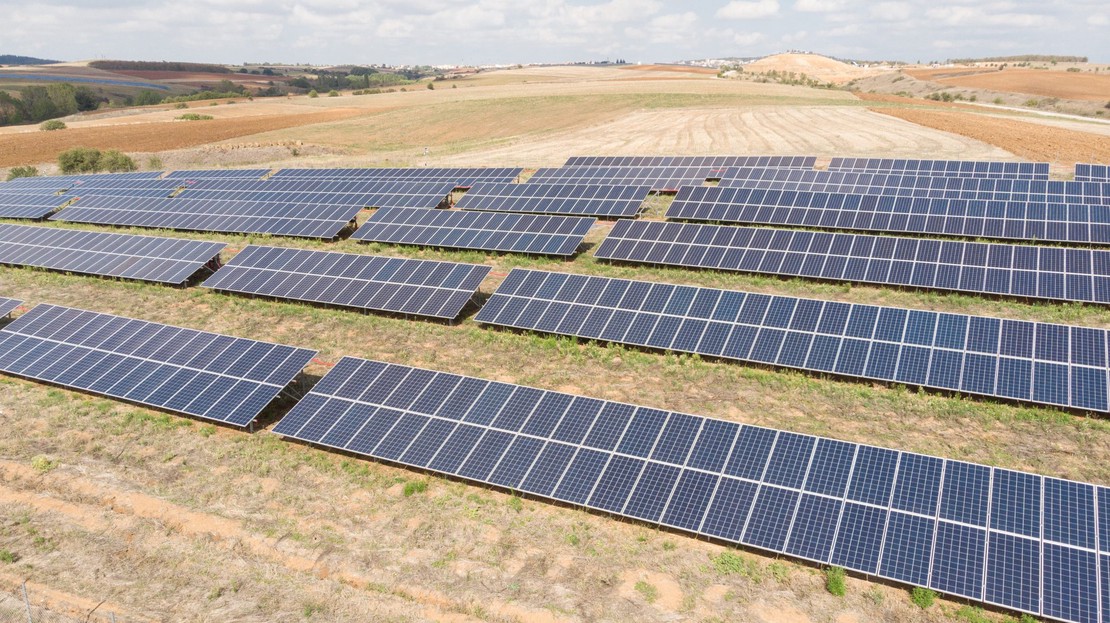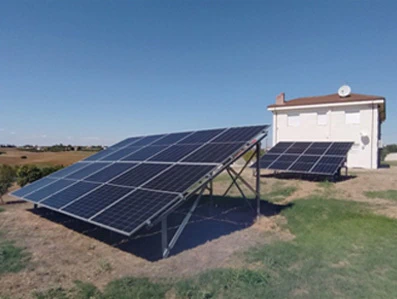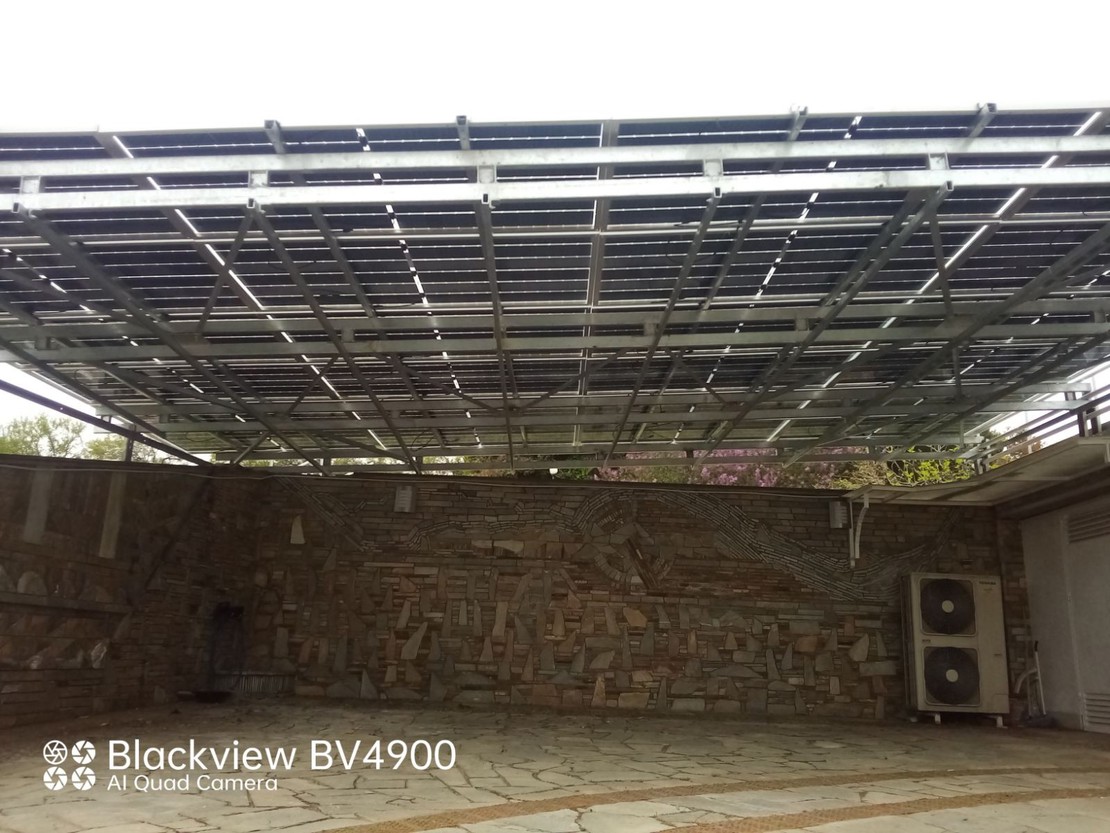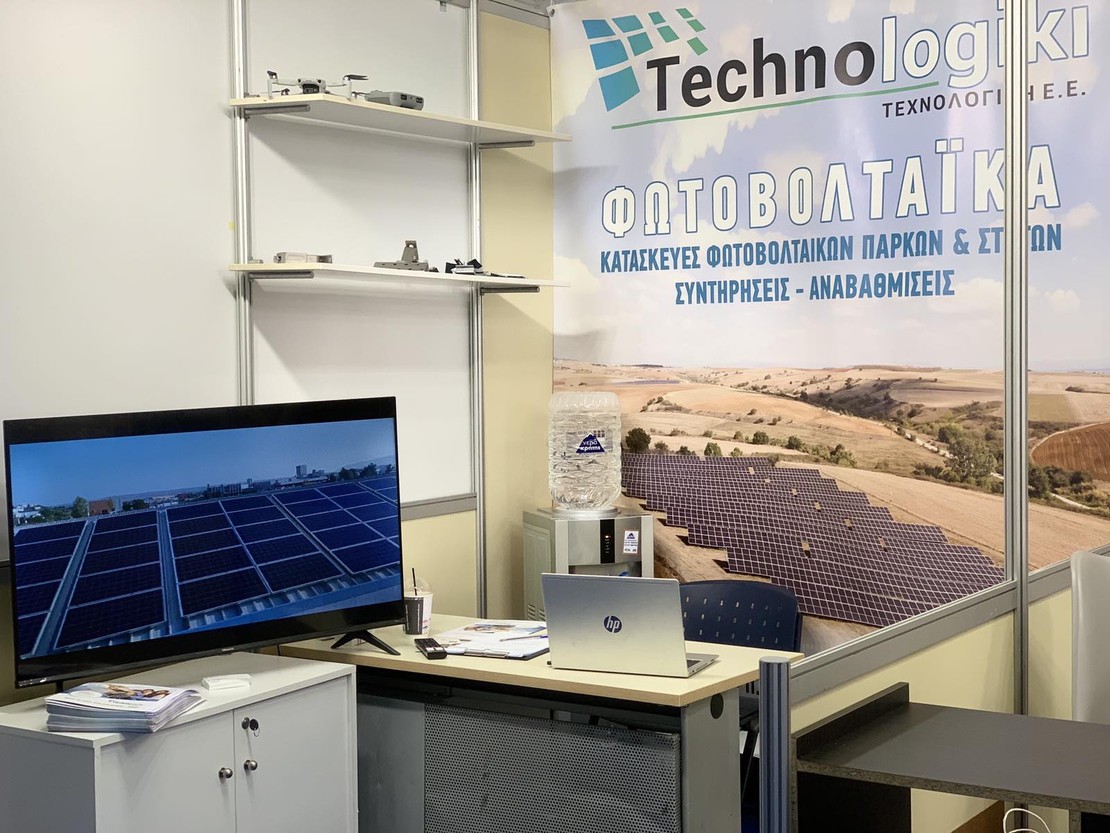The expansion of marine renewable power is a major alternative for the reduction of greenhouse gases emissions. In Europe, however, the high penetration of offshore wind brings intermittency and power variability into the existing power grid. Offshore solar photovoltaic power is another technological alternative under consideration in the plans for decarbonization. However, future variations in wind, air temperature or solar radiation due to climate change will have a great impact on both renewable energy resources. In this context, this study focusses on the offshore energy assessment off the coast of Western Iberia, a European region encompassing Portugal and the Northwestern part of Spain. Making use of a vast source of data from 35 simulations of a research project called CORDEX, this study investigates the complementarity of offshore wind and solar energy sources with the aim of improving the energy supply stability of this region up to 2040. Although the offshore wind energy resource has proven to be higher than solar photovoltaic resource at annual scale, both renewable resources showed significant spatiotemporal energy variability throughout the western Iberian Peninsula. When both renewable resources are combined, the stability of the energy resource increased considerably throughout the year. The proposed wind and solar combination scheme is assessed by a performance classification method called Delphi, considering stability, resource, risk, and economic factors. The total index classification increases when resource stability is improved by considering hybrid offshore wind-photovoltaic solar energy production, especially along the nearshore waters.
Πηγή: sciencedirect.com
Διαβάστε περισσότερα εδώ .




